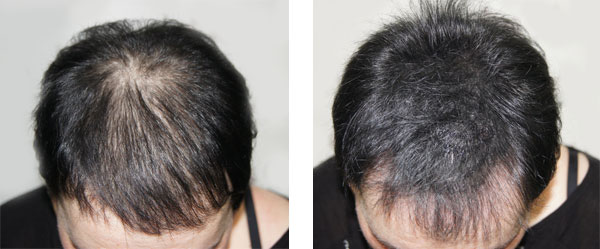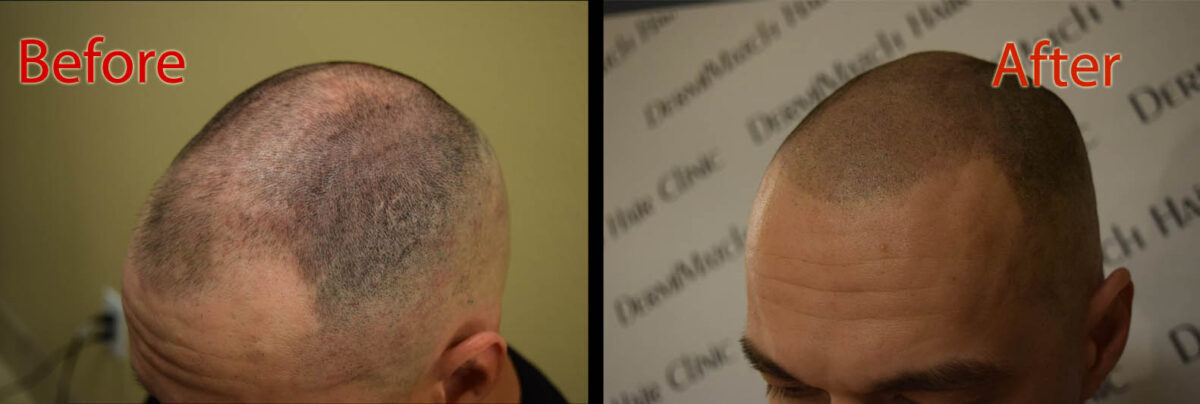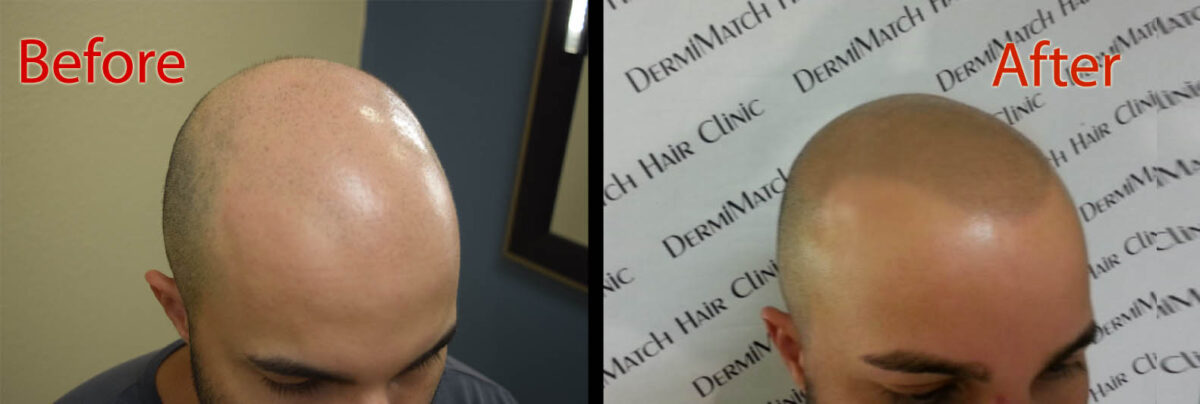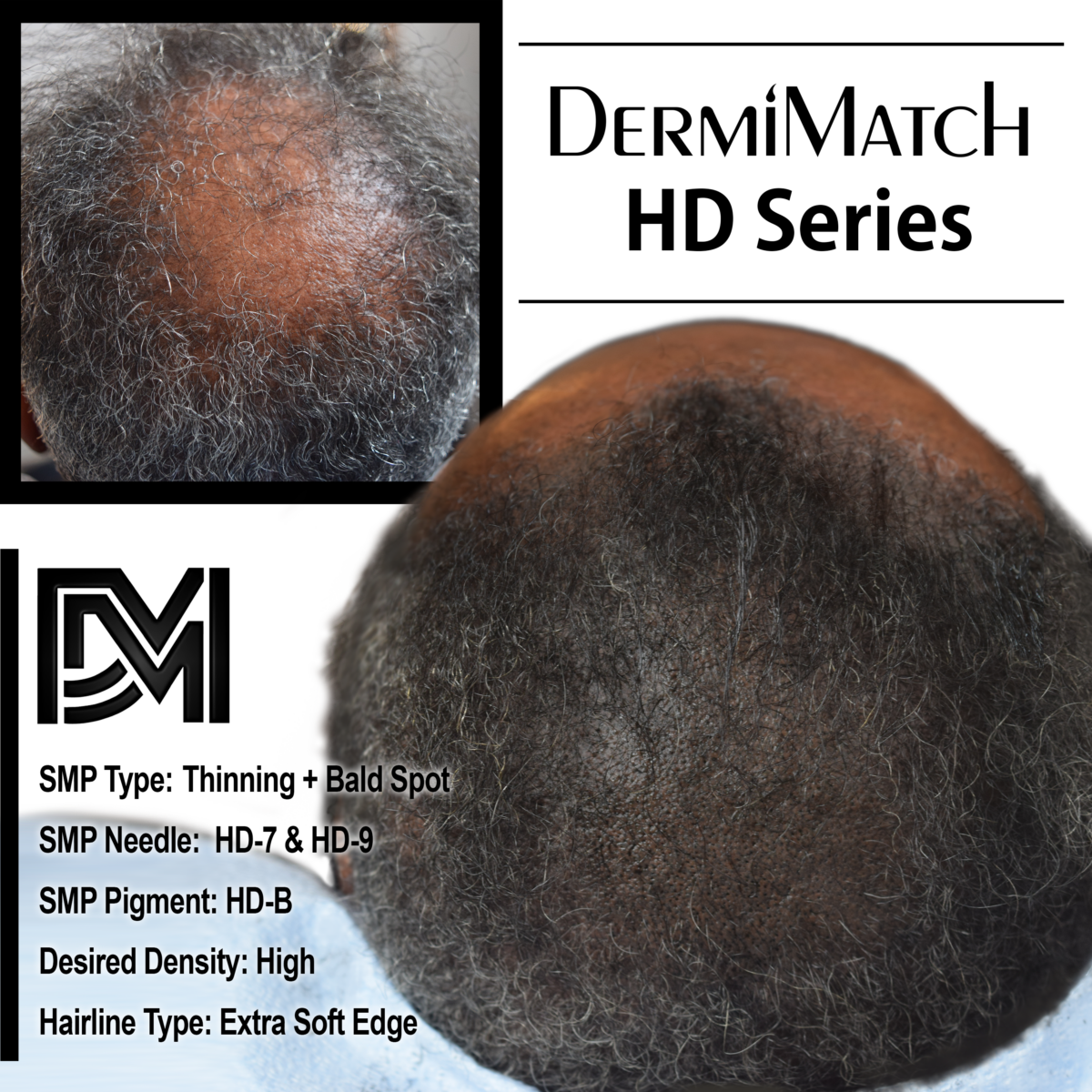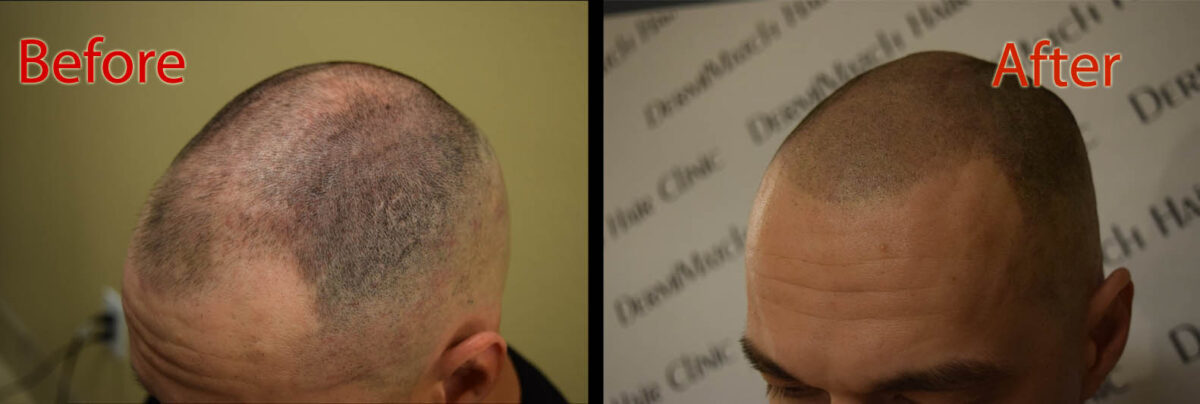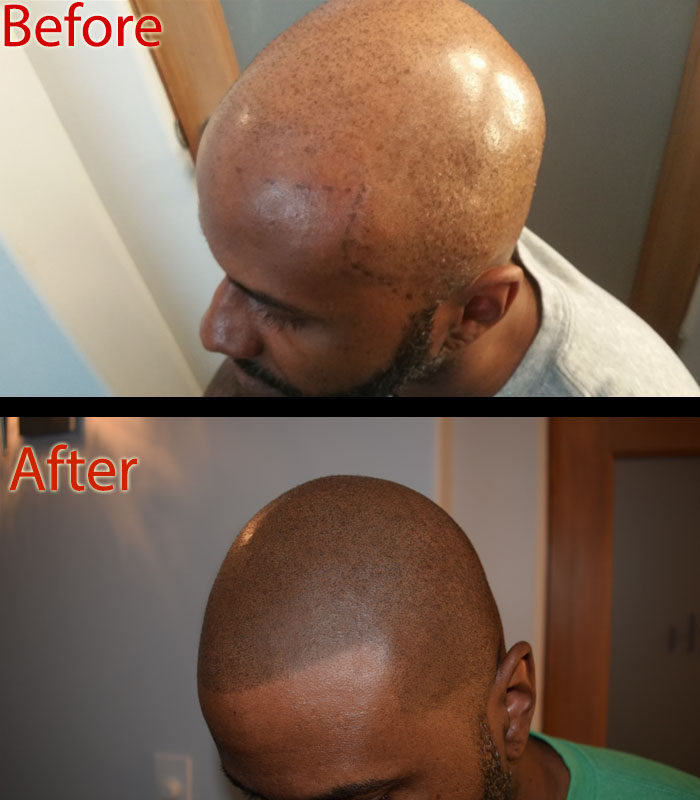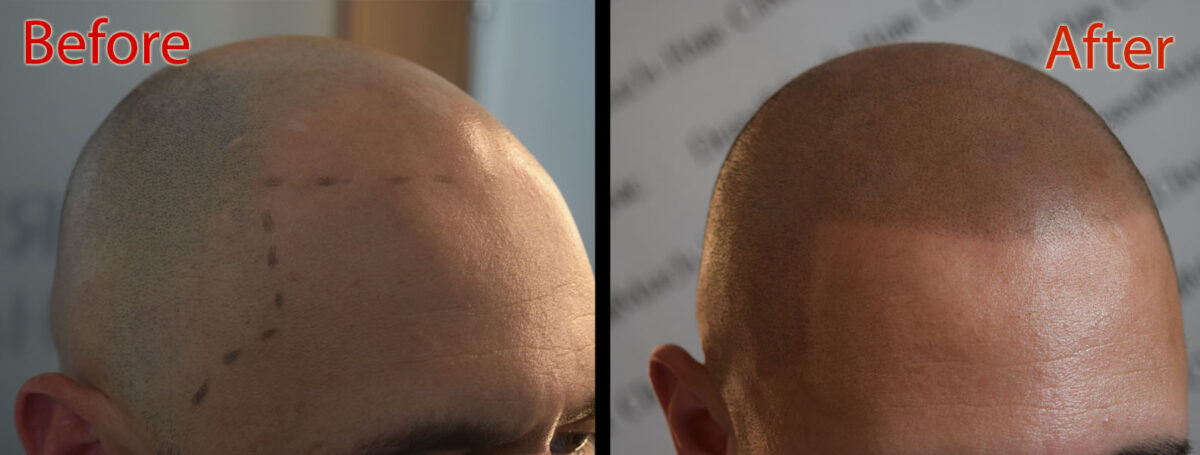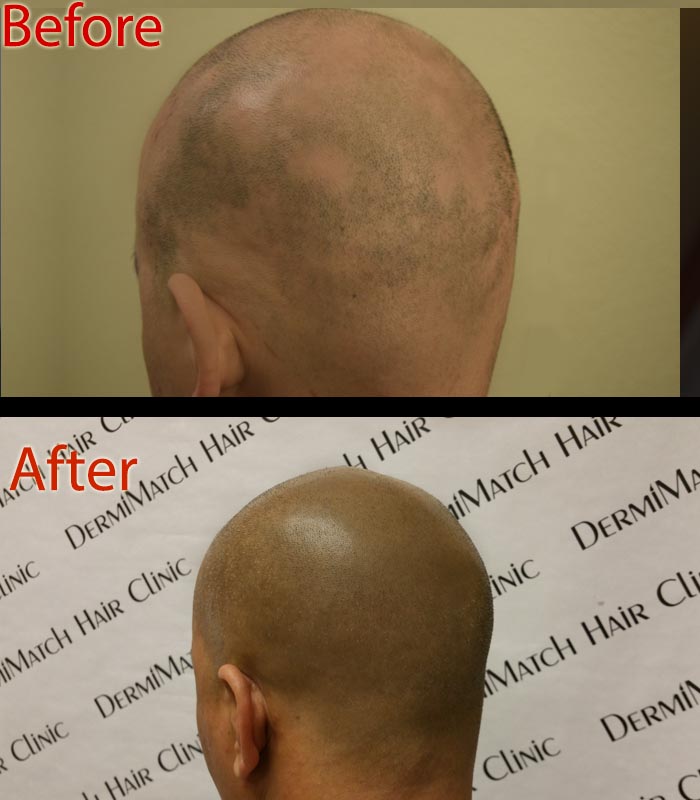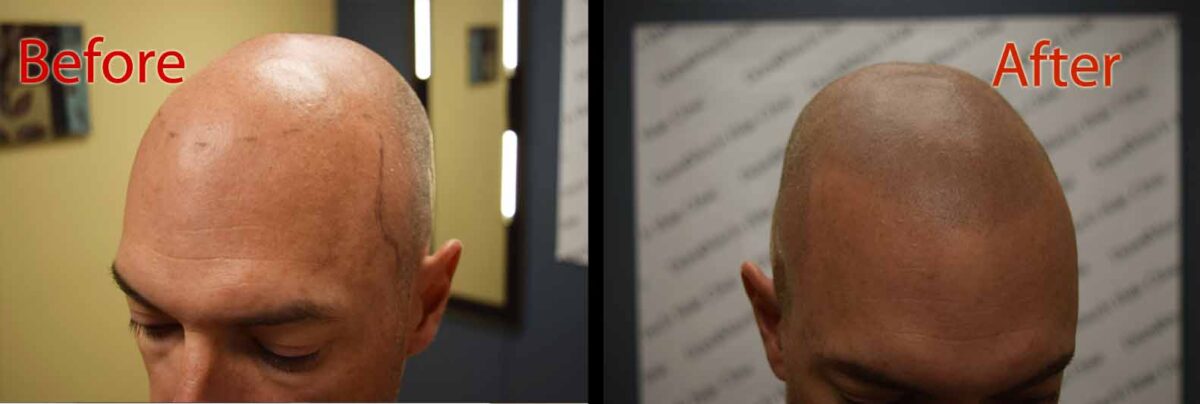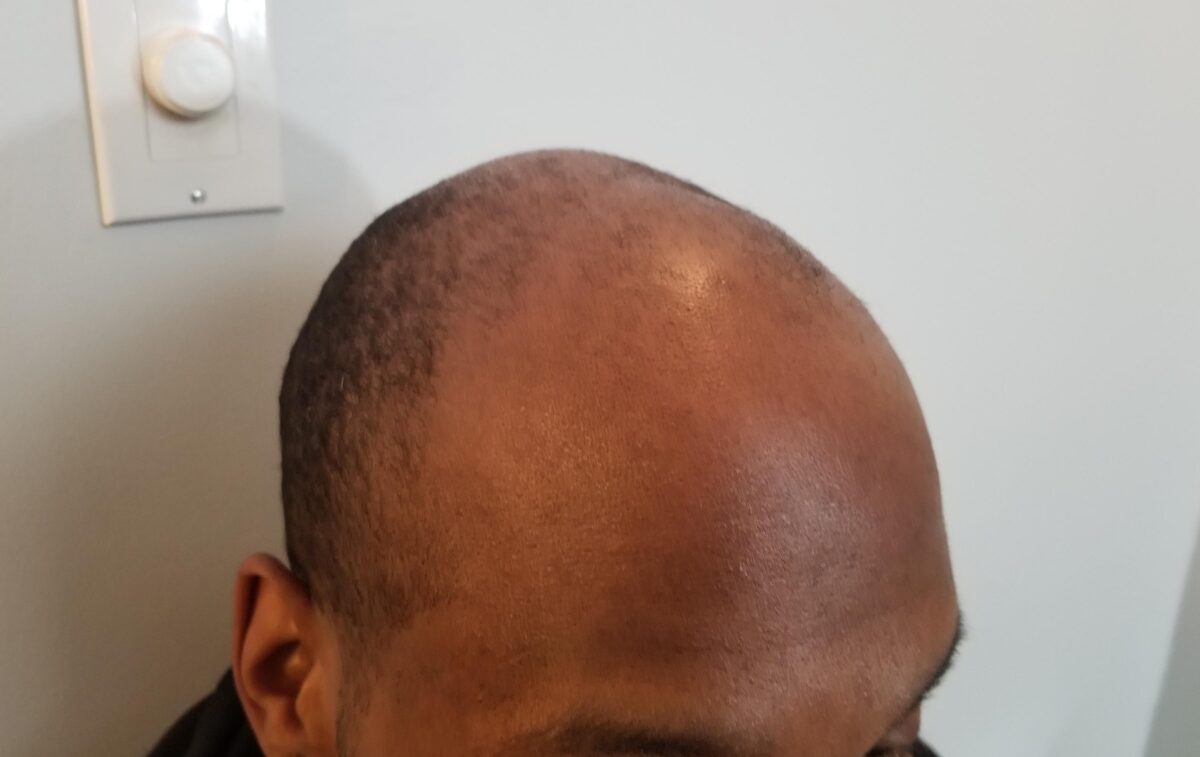Tired of struggling with hair loss? Well, you might be interested in natural remedies for hair growth. For example, Vitamin C, often overlooked for its role in hair health, plays a crucial part in promoting strong, luscious locks. This essential nutrient plays a role in collagen synthesis, iron absorption, and antioxidant protection, all of which are vital make vitamin C for hair growth crucial.
Let’s explore the connection between vitamin C and hair loss, symptoms of vitamin C deficiency, and effective hair growth strategies.
Vitamin C for Hair Health
Why is Vitamin C important?
Collagen Synthesis
Vitamin C is a coenzyme involved in the production of collagen, a protein that provides structure and strength to hair follicles.
Iron Absorption
Vitamin C enhances the absorption of iron from the digestive system, which is essential for the production of red blood cells and healthy hair growth.
Antioxidant Protection
Vitamin C acts as a powerful antioxidant, protecting cells from damage caused by free radicals. Free radicals can contribute to hair loss by damaging hair follicles.
Causes of Vitamin C Deficiency
Poor Diet
A diet low in vitamin C-rich foods can lead to deficiency. Common sources of vitamin C include citrus fruits, berries, tomatoes, peppers, and leafy green vegetables.
Malabsorption
Certain conditions, such as inflammatory bowel disease or celiac disease, can interfere with the absorption of vitamin C from the digestive system.
Increased Demand
Increased stress, illness, or certain medications can increase the body’s demand for vitamin C, making it more susceptible to deficiency.
Looking to boost your vitamin C levels? Dive into a colorful diet packed with citrus fruits, berries, and colorful veggies. These vitamin C powerhouses will not only nourish your body but also protect against diseases. If you’re feeling a bit low on vitamin C, a chat with your doctor about supplements might be in order.
What’s more, a healthy lifestyle can help your body absorb vitamin C better.
But if that also doesn’t help stimulate hair growth, then you must look for alternative treatment.
Worry not, as there are some innovative treatment options available that can help your situation.
One such treatment is scalp micropigmentation.
What is Scalp Micropigmentation?
For individuals with significant hair loss, scalp micropigmentation is an effective solution, especially if you other remedies do not seem to work.
SMP involves injecting tiny pigment dots into the dermis layer of the scalp to create the appearance of shaved hair. Dermis is the second layer of skin, located beneath the epidermis.
By injecting pigment into this layer, SMP can create a more permanent and realistic appearance of hair follicles.
This can help to disguise hair loss and improve self-esteem.
Vitamin C deficiency can contribute to hair loss, along with other symptoms such as fatigue and skin problems. By incorporating vitamin C-rich foods into your diet and addressing any underlying health conditions, you can help prevent vitamin C deficiency and promote healthy hair growth.
For individuals with significant hair loss, scalp micropigmentation can be an effective solution to improve their appearance and self-esteem.
Find the best scalp experts in Arizona for the job. Only SMP professionals are skilled in the craft of scalp micropigmentation and understand the minute technicalities involved. No tattoo artist is suited for SMP.
Schedule a consultation with the best Arizona SMP artists at DermiMatch Clinic.

